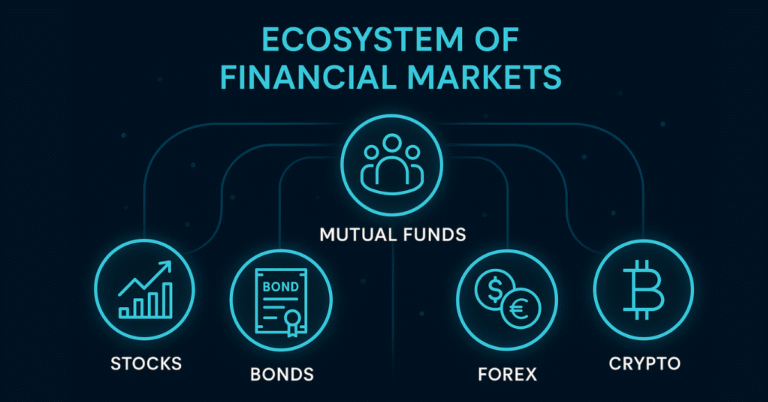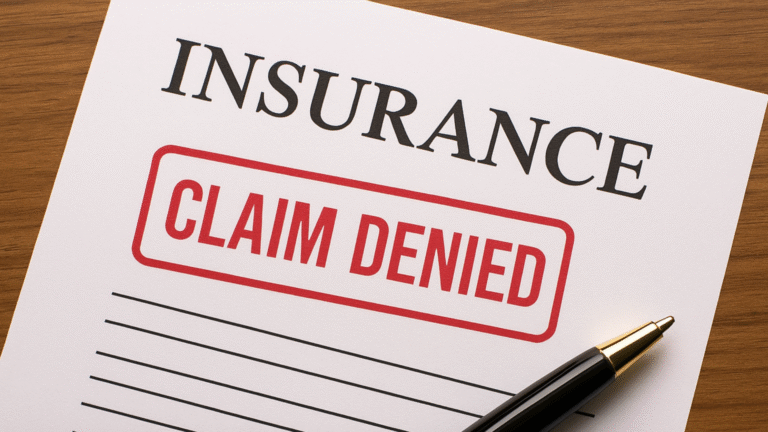The Best Way to Budget Money: Personal Budgeting Tips That Work

If it ever feels like your money disappears the moment you earn it, you’re not alone. From part-time workers to business owners, everyone faces the same challenge: how do you make your money last, grow, and serve your life goals? The answer isn’t always to earn more it’s to manage smarter. And the smartest way to start is by creating a personal budget.
For many, the word “budget” sounds limiting, like something that takes away joy or only makes sense for the wealthy. But it is not true. A budget is not a restriction it’s a strategy. It gives your money a job and helps you decide what really matters. Budgeting isn’t just for the rich, the organized, or the financially educated. It’s for anyone who wants to stop living paycheck to paycheck, reduce anxiety, and take control of their financial future.
You don’t need fancy tools or deep financial knowledge to start budgeting. A simple notebook, a note-taking app on your phone, or a basic spreadsheet like Google Sheets is more than enough. First, write down your total monthly income. This includes your main job, side gigs, online sales, or anything else that puts money in your hands. Be honest and consistent with your numbers.
Then, list all your expenses. Capture everything from your rent or mortgage to your daily coffee. That means food, utilities, internet, transportation, streaming services, even impulse buys or late-night snacks. Often, it’s the small, unnoticed spending that silently drains your account. Once you lay it all out, the picture becomes clearer: you have more power over your money than you thought.
One popular framework that’s helped millions is the 50/30/20 rule. Allocate 50% of your income to needs (housing, food, bills), 30% to wants (entertainment, shopping, dining out), and 20% to savings or debt repayment. If your current situation doesn’t allow you to follow this rule exactly, don’t worry. The point is to build a habit. Even saving a small amount regularly creates momentum. It’s not about perfection it’s about progress.
Why a Personal Budgeting Matters
The most effective budgets are driven by purpose. Ask yourself: Why are you budgeting? Do you want to escape debt, save for travel, build an emergency fund, or plan for your child’s future? Your reason gives your budget emotional weight. And when budgeting gets tough which it might that purpose will remind you why it’s worth it.
Contrary to popular belief, budgeting isn’t about removing happiness from your life. It’s about choosing your joy instead of chasing it blindly. It allows you to spend with confidence and save without guilt. You can treat yourself just make sure you’ve planned for it. That’s true financial freedom: when your money choices align with your values.
Adjust Personal Budget and Grow
Of course, your first budget won’t be perfect. You might forget to include something, miscalculate, or overspend in one area. That’s not failure that’s learning. Think of your personal budget as a living document. Review it weekly. Adjust it monthly. Let it grow and change as your life does.
If your income is low, remember this: good money habits matter more than high income. Many people with modest earnings have built stable, happy lives simply because they learned how to budget early. Your journey starts with one decision: to take control. Even small steps like saving a little money each week can lead to big change over time..
There’s plenty of financial advice out there some helpful, some confusing, and much of it designed for people with more money or resources than most of us have. But budgeting isn’t just for experts or high earners. It’s for students figuring things out, freelancers trying to stay afloat, parents juggling responsibilities, or anyone just starting their journey with money. You don’t need to be perfect or know everything. You just need to begin one clear, intentional step at a time.
So if you’re ready to take back control, remember this: you don’t need to earn more to live better. You need to manage better. And a personal budget is the first, most powerful step toward that better life.






One Comment